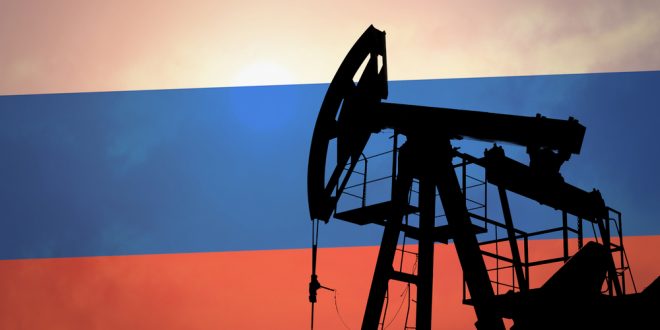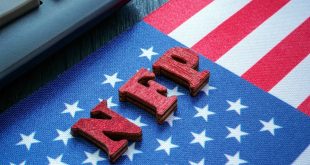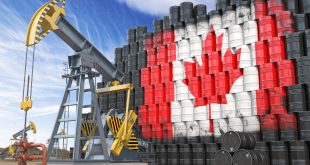The Russian Central Bank surprised markets on Friday by maintaining its key interest rate at 21%, contrary to widespread expectations of a 2-percentage-point hike. Analysts had anticipated a rate increase to 23%, but the bank justified its decision by citing the effectiveness of recent tightening measures in curbing inflationary pressures.
Key Highlights
- Policy Context:
- Russia’s inflation rate currently stands at 9.5%, significantly above the bank’s 4% target.
- The central bank stated that its stringent monetary policy has already slowed lending and dampened domestic demand, creating conditions for inflation to ease.
- Economic Pressures:
- The decision comes amidst calls for a “balanced” approach from President Vladimir Putin, who referenced the issue during a nationwide phone-in.
- Business leaders had expressed concerns that high interest rates were stifling investment, particularly in a wartime economy burdened by sanctions and military expenditures.
- Bank’s Independence:
- Despite being independent by law, the central bank is under immense pressure to navigate competing demands: controlling inflation while supporting economic activity.
- Analysts noted that the influence of powerful business figures, including Rosneft CEO Igor Sechin and Rostec head Sergei Chemezov, may have played a role in the bank’s decision.
Inflation Drivers
- Military Spending: Increased defense expenditures have fueled inflationary pressures.
- Wage Growth: A tight labor market, exacerbated by the loss of working-age men to the war, has driven a wage spiral.
- Rouble Weakness: The currency fell 15% against the dollar in November, following disruptions to energy payment channels caused by U.S. sanctions.
- Rising Food Prices: Essential items like milk, butter, and vegetables have seen double-digit price increases, impacting ordinary Russians.
Economic Outlook
- Russia’s economy is operating at capacity, with 4% growth expected in 2024, despite the challenges of sanctions and wartime constraints.
- The central bank warned that the balance of risks remains significantly tilted towards higher inflation.
- It pledged to reassess the need for further rate hikes at its next policy meeting on February 14.
Business Sentiment
- Russian business leaders argue that current interest rates make investment unfeasible, with weighted average capital costs nearing 30%.
- One executive noted that the rate of return on most projects is below 20%, forcing firms to cut back on new investments.
Conclusion
The central bank’s decision reflects the delicate balancing act it faces between controlling inflation and supporting economic growth in a constrained, wartime economy. While monetary policy tightening has shown signs of curbing inflation, the road to achieving the 4% target remains fraught with challenges, including ongoing geopolitical and economic pressures.
 Noor Trends News, Technical Analysis, Educational Tools and Recommendations
Noor Trends News, Technical Analysis, Educational Tools and Recommendations





